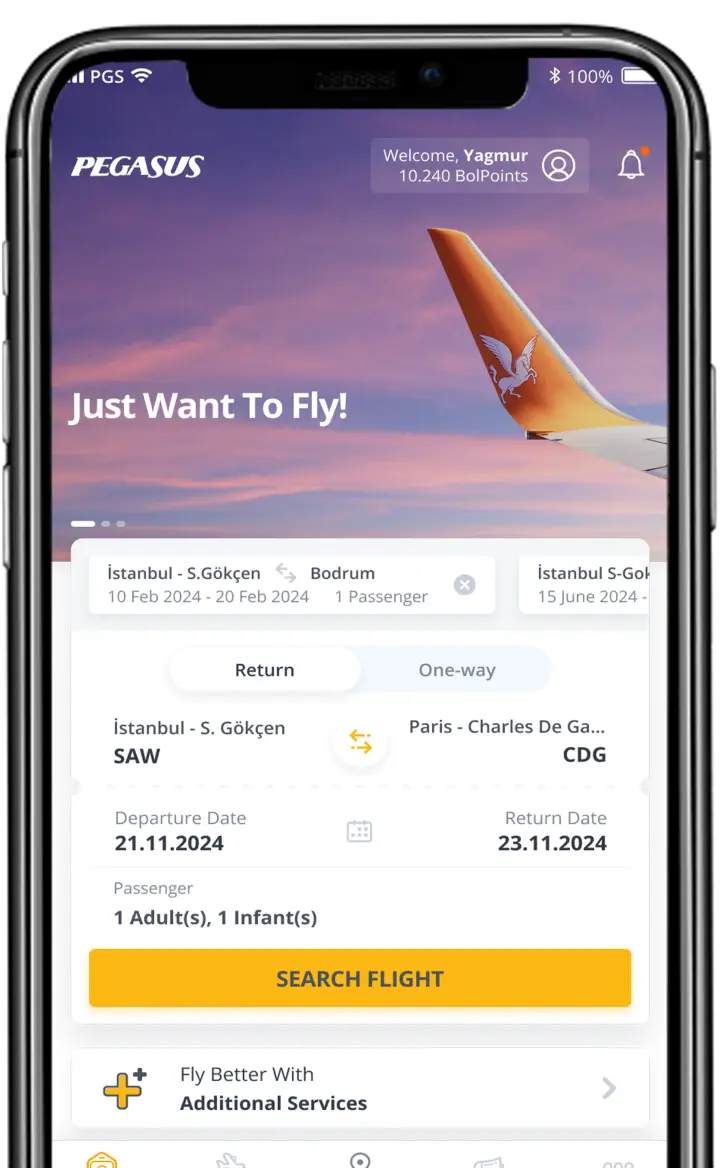
Türkçe
English
Deutsch
Français
Русский
العربية
Italiano
Español
EUR
TRY
USD
EUR
GBP


